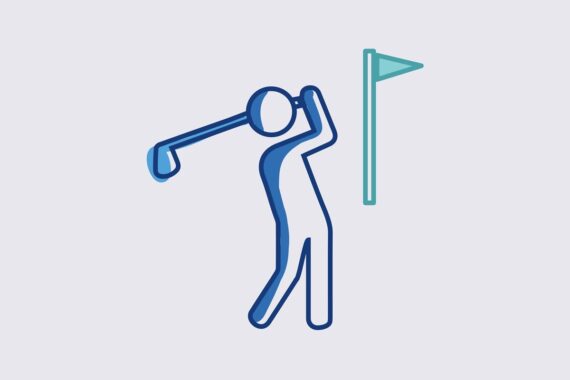Sports physician- all you need to know

Dr Andrew Murray works as a sports physician with European Tour Golf, providing medical aid for touring golfers. He explains what the role entails
How do I get into the role (including necessary qualifications)?
Dual qualification as a GP and sports and exercise medicine physician is a requirement for working in this line of work. I also spent time shadowing more experienced doctors on the European Tour and in other sports to learn about the role.
How much does it pay?
Work in sport is very varied, from voluntary, to being paid in line with NHS salary, to being paid more very specialised knowledge is needed, particularly in strong commercial sports (persons generally do it for the love of sport rather than for the money though)
How much time do I need to devote to it?
I spend around 10 weeks of the year away at sporting events, in week-long blocks. This could be in the UK, or anywhere globally. In addition, outside of tournaments, the role requires around three days per week.
What’s good about the job?
The job provides great opportunities to travel and enjoy sporting tournaments. It also enables you to get involved in a range of things, including GP work, research and using point of care diagnostics, such as our GE portable ultrasound scanners. Also – sport generally has good health benefits and it’s nice to promote that as well as look after the participants. Interesting resources (and free CPD) can be found here and here.
What’s bad about the job?
Being away from family, particularly if you have young children, can be difficult. Sport involves a lot of weekends compared with day-to-day general practice.
You can follow Dr Murray on X (formerly known as Twitter) @docandrewmurray
Advice from the MDDUS
Working in sport? You can tailor your membership to suit your role.
Click here to see all the other portfolio careers in this series
Portfolio careers
What is the right portfolio career for you?












